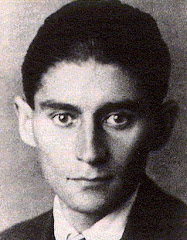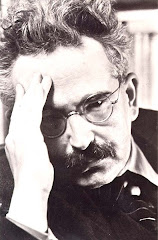If the Torah is a redacted document, a cut-and-paste of fragments-from-different-contexts, this provides insight into the nature of God, the Author of the Book of Fragments. For just as the Torah cannot possibly succeed in correcting its own inconsistencies, God too, can never fully patch together all the modes of his Being.
But just as the textual problems of the Torah open it up for interpretation and call upon its readers, in a way, to rewrite it, and ultimately, to complete it, the very textual problems of God which are manifest in his universe as scribal and syntactical errors, anachronisms, ambiguities and plot inconsistencies, ensure that the Cosmos will continue to interpret itself, and in so doing, complete the creative word of God. God spoke, and perhaps still speaks, but the world must punctuate, must turn the word into sentence. Just as poetry must be sung to be brought to life, and the words of the Torah chanted (on the page they are consonants without vowels, unpronounceable), the world must make itself audible to itself, by continuing to rotate on its axis and revolve in orbit, like a dog chasing its own tail, like a historian chasing his own tale. The song of the world is the music of inexorable flux, of the great ball of earth and clay seeking to sing and listen at once, to participate and reflect all in its one, but ever drawn out, breath.






No comments:
Post a Comment